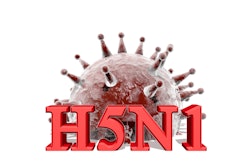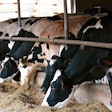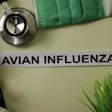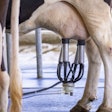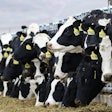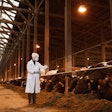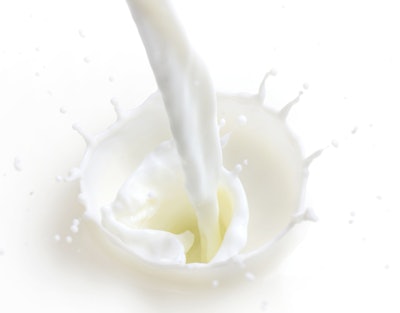
Pennsylvania has begun required precautionary bulk testing of milk for highly pathogenic avian influenza (HPAI) from farms in the state as an added measure to prevent the spread of avian influenza. No virus has been detected in Pennsylvania cattle, but cases continue to rise in other states.
The Pennsylvania Department of Agriculture is taking this preventative measure, at no cost to farmers, to pinpoint and contain the source of viral infections and prevent the spread of Influenza A, including HPAI. Procedures are detailed in a quarantine order effective November 20. Several other states have implemented mandatory bulk testing of milk to reduce the spread of HPAI, including California, Colorado, Michigan and Oklahoma.
This testing plan was developed in close consultation with dairy and poultry farmers to minimize the impact on their operations.
The measure is announced as more than 217 new cases in three states have been confirmed in dairy cattle in the past 30 days. Not typically fatal in dairy cattle, HPAI can severely affect milk production, lead to serious illness in some cows, and substantially strain farm operations. The virus is fatal in poultry.
“Taking this proactive step will ensure that we can protect our cattle, poultry and farmworkers,” said Pennsylvania Agriculture Secretary Russell Redding. “We are taking this step after careful consideration, in consultation with dairy and poultry farmers, and after voluntary testing was not adequate to get samples necessary for detection and prevention. Pennsylvania’s large number of farms with both dairy cattle and poultry present unique risks that demand extra vigilance.”
Milk samples will be collected from bulk milk tank trucks transporting milk from Pennsylvania farms to processing plants. If the receiving processing plant is in Pennsylvania, the sample will be collected at the plant by the processor. If the processing plant is outside Pennsylvania, the sample will be collected by the shipper, whether the shipper is an individual farmer or milk cooperative handling milk on behalf of farmers. Samples must have been taken by trained, certified personnel and submitted to a Pennsylvania Animal Diagnostic Laboratory System lab within 48 hours of collection.
Samples will be tested for HPAI. If the virus is detected, it will trigger further investigation to identify the source. Special quarantine measures will be established to contain and eliminate the virus at the source.
Pennsylvania joins only three states without an active HPAI outbreak – Arkansas, Massachusetts and Oklahoma – in requiring precautionary testing at the processor level. Milk that has been pasteurized is safe to drink. Pasteurization destroys the virus. This measure will help ensure an adequate supply of milk in the marketplace.


